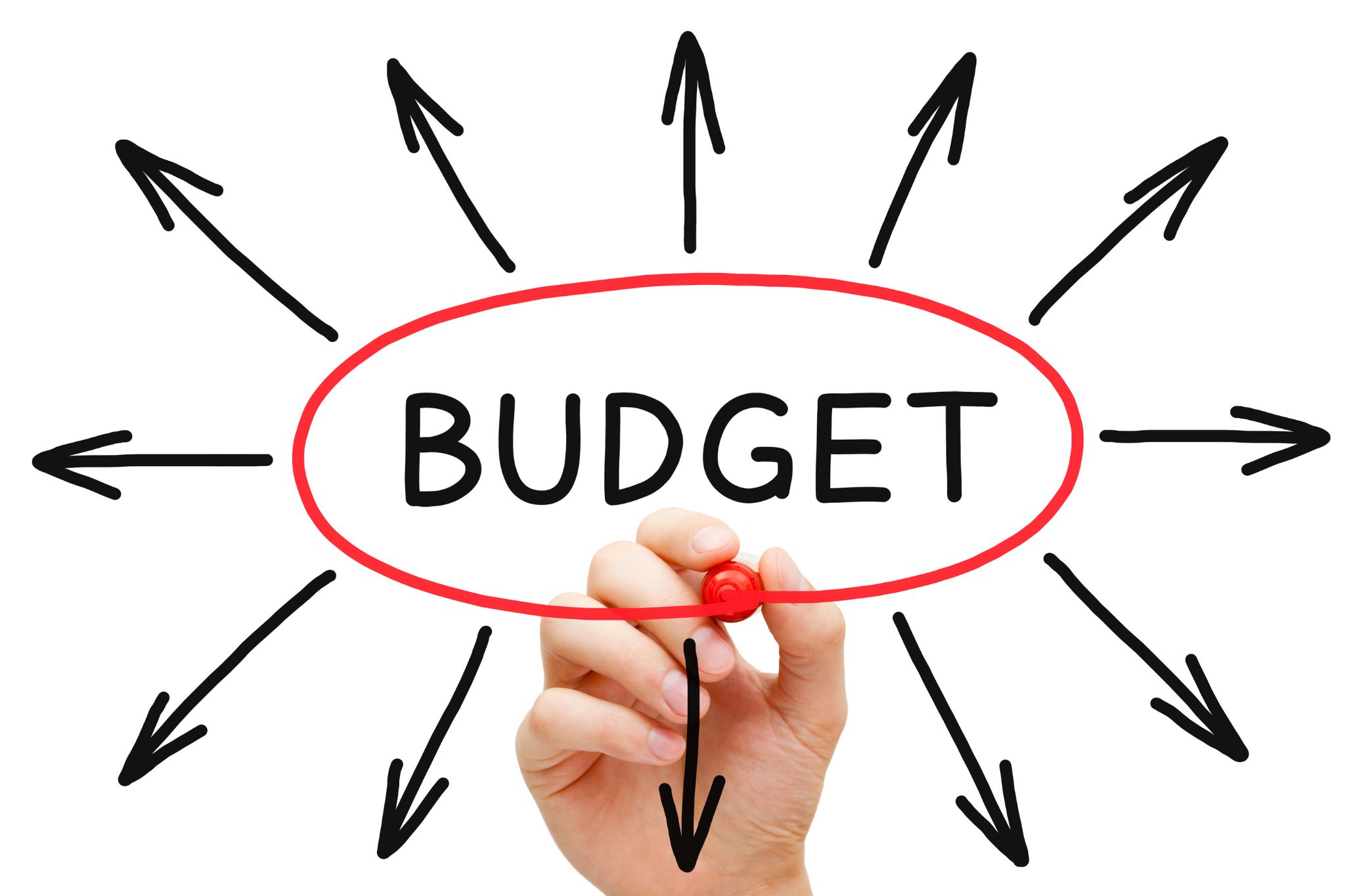
After many months of speculation, the Autumn Budget 2025 has arrived with a bang, and it’s packed with changes that could affect your wallet, your savings, and even your future plans. From frozen tax thresholds to tweaks in ISAs and pensions, here’s an overview of what’s new and what it actually means for you.
Income and tax updates
Income tax thresholds frozen
Personal income tax thresholds will remain frozen until 2030-31. This means that even if your income rises, more of it could be taxed at higher rates, effectively increasing your tax bill over time. While not an immediate jump, this silent adjustment will affect many households gradually.
Higher taxes on property, dividends, and savings
Tax rates on income from property, dividends, and savings have increased by 2%. Landlords, investors, and those relying on passive income may feel the impact, as even modest gains could see higher taxation.
High-value property council tax
If you own an expensive home, you’ll face a new high-value council tax surcharge. This will make owning or renting out property in the top tier more expensive and could indirectly put pressure on rental prices in some areas.
Two-child benefit cap lifted
Families with more than two children will no longer be restricted by the benefit cap, a change that could ease financial pressure for larger households.
Pensions and retirement
Salary sacrifice cap
One of the more headline-grabbing changes is the £2,000 cap on pension contributions through salary sacrifice, coming into effect in 2029. Contributions above this will be taxed like normal income. This could affect those trying to make large tax-efficient pension contributions, especially in sectors like finance where bonus-linked contributions are common.
State Pension contributions
Voluntary contributions to the State Pension for non-residents will either be increased or abolished, depending on the specifics. This affects expatriates or those who have spent time working abroad but still want to build up pension entitlements in the UK.
State Pension rise
Both the new and old State Pension are set to increase from April 2026 by just under 5%, keeping pace with average earnings growth. While not headline-grabbing, this ensures that pensioners continue to see annual increases, helping to protect income in retirement.
Savings and investments
ISA allowance reforms
The ISA system is being updated to allow a total of £20,000 per year (which is as it stands now), but with a caveat; £8,000 must be invested in stocks and shares. This encourages more long-term investing but reduces flexibility for savers who prefer cash ISAs. This effect will come into play from April 2027.
Help to Save expansion
The Help to Save scheme, which supports low-income earners in building a financial cushion, will be expanded to cover an additional 1.5 million people from 2028. This scheme provides a government bonus on savings and encourages financial resilience, helping people avoid high-cost credit.
Business and employment
Apprenticeships for under 25s now free
For younger workers, apprenticeship training costs are set to become completely free, offering employers a financial incentive to hire and train talent without extra cost. This is good news for young people entering the workforce and for businesses looking to upskill employees.
Annual Investment Allowance (AIA) unchanged
The AIA remains the same, meaning the new 40% first-year allowance isn’t relevant for small businesses. Small business owners looking for tax relief on capital investments will not see additional benefits under this measure.
Business sale relief changes
Capital Gains Tax Relief for selling a business to an employee ownership trust has been reduced from 100% to 50%, which could affect succession planning strategies for business owners.
Other notable measures
Electric vehicles and fuel
Electric vehicles will face a mileage-based charge of 3p per mile from April 2028, and fuel duty will remain frozen for five months. The EV charge is designed to generate revenue as EV adoption grows, while the temporary freeze on fuel duty offers some short-term relief for drivers.
What does this all mean for you?
The Autumn Budget 2025 is a real mixed bag of changes that will affect everyday finances. Frozen tax thresholds and higher rates on property, dividends, and savings mean more of your income could go to tax over time.
There are some positives too. Free apprenticeships for under 25s, the lifted two-child cap, and the expanded Help to Save scheme all make life a little easier for families and younger workers.
For savers, the new ISA rules mean you might need to rethink where you put your money, and for business owners, some reliefs have changed, so planning ahead is more important than ever. Pensions will still grow, but the salary sacrifice cap limits the amount you can contribute tax-efficiently.
Overall, it’s a Budget that quietly shifts the balance rather than shaking things up dramatically all at once, so it’s worth taking a closer look at how it affects your own situation.
Need help with your personal or business finances? Talk to our friendly team today, we’d be happy to help.



